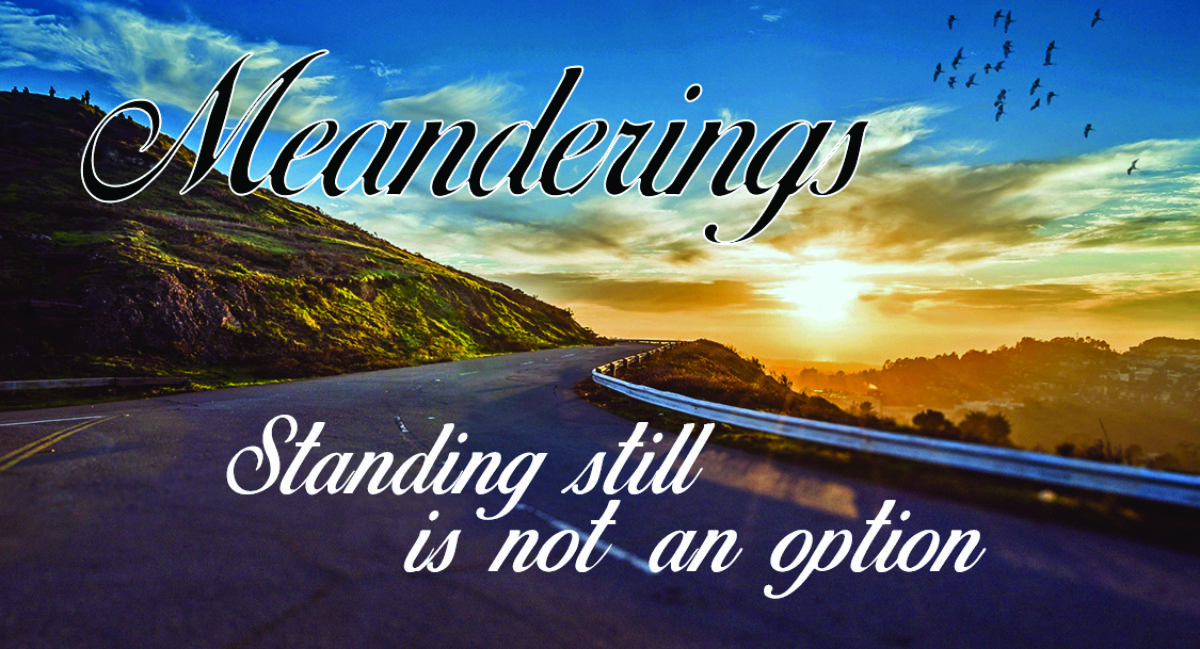Once the diagnosis of Alzheimer’s disease was confirmed my first reaction was: Oh my God, what do I do now? I think this is the usual reaction. Bashing your head against the nearest wall (bad headache), tearing out your hair (pre-mature baldness), screaming to the high heavens (how uncouth)or jumping off the nearest cliff (splat) may come to mind but none of that will work
So, what do you do? Find help. In some cases that may be easier said than done but fortunately in my case, living in Canada and in a City with a high senior population and services gave me an edge.
Once you have confirmation, if you just go on your computer and start a search for dementia or Alzheimer’s disease you will be able to build that cliff from maybe just one percent of the information you see and it would still take you a while to hit ‘splat’. Once your eyes uncross and your mind un-boggles find the home page of your national Alzheimer’s society, www.alzheimer.ca in Canada. Help is immediate as you will get direction to your Provincial and Regional and Local offices. You may be tempted to linger and start reading right away when you see the Quick Links. Don’t. Go directly to your local office. You will thank me when a quick call results in an invitation to visit accompanied by a brief conversation on the kind of services provided.
Why stress ‘local’? On my very first visit I received information about current programmes, workshops, seminars, activities for both loved one and caregiver, jointly and separately. First Steps and Next Steps are just two seminar series that help you get a grip on the disease, the impact on both partners and future considerations. They are exactly as stated. What to do and expect first, what comes next including making a will, financial issues, medications control, real estate, funereal funeral considerations, all done by the appropriate professionals. Your local office is connected to resources and services. No need to wonder why all this is important. Let’s be practical, some things had better be done before your loved one has lost too many brain cells to know what is happening. The legal ramifications alone can be beyond horrendous. Also, as long as your partner can function well, I know that two heads are better than one.
But, best of all I was connected to a counsellor. I could call the office ask for a particular person, tell her/him my issue and be guided, helped, and given information so that I could make informed decisions about my Bert. Local also meant that the places I needed to go, the services I needed to access were all within easy reach. My local office had not just a description of the service and address, they also had a name. I could ask for a person. They also made some calls on our behalf.
The people in my local office are extraordinary. They will help you to curb your attempt to take every brochure available, explaining what should come first. They are professional, caring, experienced and excellent listeners. They are the biggest boosters of caregivers and remind you to take care of you first, so you are able to take care of your loved one. This is one of the PhD courses at my Alzheimer’s University. It is so difficult to do this. Caregivers need to be reminded and your counsellor will do the reminding..
This was my first stop and it is still a most important link. If I have not connected with my counsellor for a while I will get a call just asking how things are or to give me some relevant information. She is aware of my Lifeline, the wonderful support group, as all we Lifers are connected to our local Alzheimer’s office. She applauds that. She knows that the Lifers connection is very important.
The Meander: Sometimes we find it hard to ask for help. Being a caregiver will soon cure you of that. You cannot do it alone. You cannot do it alone. Ask for and take any help you can get. We all need it. My Lifeline family and my Alzheimer’s Society local office are two of my companions on this journey. I am well served and blessed.
